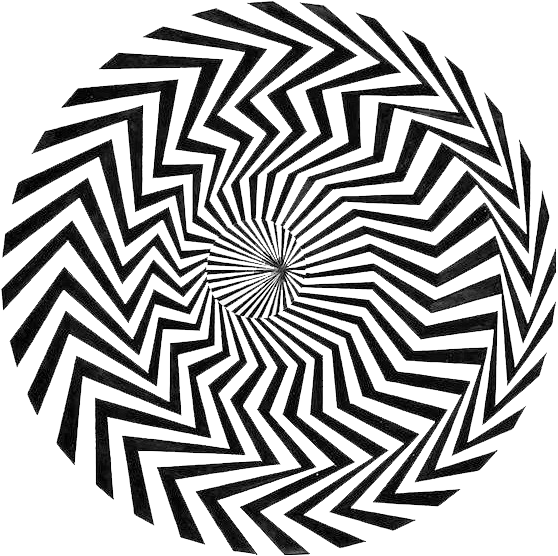The editorial board and editorial board follow international standards of publishing ethics and expect them to be adhered to by all authors who submit their texts for review and publication in the series.
Editorial ethics
Duties and Responsibilities of Authors
The manuscripts of the articles are expected to be author’s, original and of a scientific nature, to contain the results of research work and not to have been published in other publications (periodicals, monographs and collections). It is also considered unethical and unacceptable behavior when the manuscript is submitted for review or is in print in another publication.
Authors have an obligation to ensure that they publish accurate data, facts and results, and that they use correct and scientifically established methods and theoretical tools. It is not acceptable to falsify, manipulate or fabricate data, sources, data, etc., including for the purpose of proving pre-formulated hypotheses.
Authors are required to respect intellectual property by unequivocally citing their sources and settling copyrights with their owners in advance.
Plagiarism is not allowed under any pretext or form. Authors undertake to comply with the requirements for scientific content, to compose their text in an academic style and not to use “hate speech”.
Authors undertake to cooperate with the editorial board in reviewing and editing their articles, to take into account the recommendations and criticisms of the reviewers, to prepare and submit corrected versions of their texts.
Each author has the right to indicate the sources of funding of his scientific research.
Duties and Responsibilities of Reviewers
The reviewers are selected on an expert basis from among scientists who are not related to the authors on a personal, collegial or institutional basis. They may decline review for these or other reasons.
The reviewers are expected to keep the commitments made in terms of deadlines, form of reflection of their impressions and high quality of their work.
The reviewers are obliged to rule on possible plagiarism, on the correctness of the scientific conclusions and the sources used.
They should strive to objectively evaluate the articles, pointing out their strengths and weaknesses, making recommendations for their improvement, and expressing a reasoned position for the future of the manuscript.
Reviewers are not permitted to use information from manuscripts for their own purposes, to comment with a third party on their qualities or details, or to share or publish them in paper or electronic media in private or public space.
Duties and Responsibilities of the Editorial Board and of Editors
Editorial board members are committed to assisting authors in the process of submission, review, editing, technical layout, and publication of their manuscripts. It is expected that these activities will be carried out optimally quickly, confidentially and correctly in view of the high scientific quality of the articles.
The Editorial board members are obliged to choose a competent reviewer and to demand from him a timely and objective assessment of the submitted manuscript.
The editors mediate between the authors and the reviewers for the editing of the texts according to the received suggestions, criticisms and evaluations.
The Editorial board members make the final decision on the publication or rejection of the proposed articles, they are pronounced in cases of complaints or proven plagiarism.
Information related to the content of manuscripts is strictly confidential and may not be disclosed or distributed by Editorial board members prior to their publication. It should not be used by them for their own scientific or other purposes, nor should it be previously shared or published on a paper or electronic medium in the private or public space.
